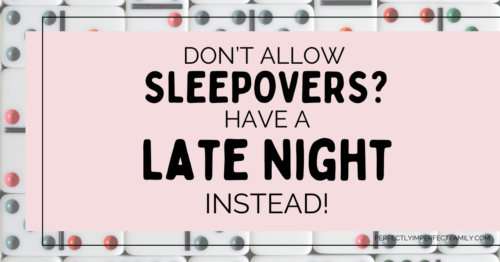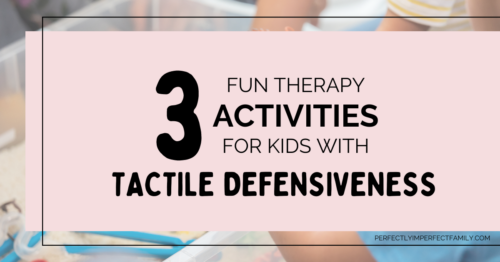Family
Join us as we celebrate the beautifully messy reality of family life. Here, we share honest stories about parenting mishaps, daily chaos, unexpected lessons, and the love that holds it all together. Perfection is overrated — real life is about embracing flaws, finding humor in the struggles, and growing through challenges. From balancing work and family to cherishing unplanned moments, our experiences remind us that imperfection is what makes a family truly special. Join us in embracing the chaos, finding connection, and celebrating the beauty of being perfectly imperfect.
3 Summer Rules for Our Summer Vacation – Lessons Learned
Our summer was a whirlwind of travel, fun, and, honestly, a bit of chaos. Our well-intended summer rules quickly fell apart, but that’s okay — we still had a great time! Failure isn’t the end; it’s a chance to adjust for next year. How did your summer go? Did your plans work out? Let’s share!
Don’t Allow Sleepovers? Have a Late Night Instead!
Instead of sleepovers, our family does “late nights,” where friends come over for food, games, and fun until 10 or 11 PM. It’s a great way for kids to socialize while keeping things simple. From board games to movie nights, there’s always laughter! How does your family handle sleepovers? Let’s share ideas!
3 Summer Rules for Our Summer Vacation
To keep summer from turning into a lazy free-for-all, I’ve set up simple rules and chores for my kids. They must get ready, complete daily tasks, and help around the house before enjoying free time. It’s not always perfect, but structure helps! Do you have summer rules for your kids?
Should You Give Your Children an Allowance?
We never used to give our kids an allowance, but after much thought, we implemented a system based on age. It’s not tied to chores or grades but teaches money management. They buy their own wants, learn to save, and stop asking for extras. Each child spends differently, making it a great learning experience!
Our Family’s Two Completely Different Types of Picky Eaters
Our family has two types of picky eaters: my son, who struggles with tactile defensiveness and dislikes certain food textures, and my youngest daughter, who refuses to try new foods. While there’s no magic solution, I encourage them to try new things, celebrating small milestones when they do. Each child is different, and patience is key!
3 Fun Therapy Activities for Kids With Tactile Defensiveness
When my son was diagnosed with tactile defensiveness, we tried various occupational therapy activities. His favorites included sensory bins with rice and toys, shaving cream play with toy cars, and water table play. These activities helped him become more comfortable with different textures, and I hope they can help other children with tactile defensiveness as well.






